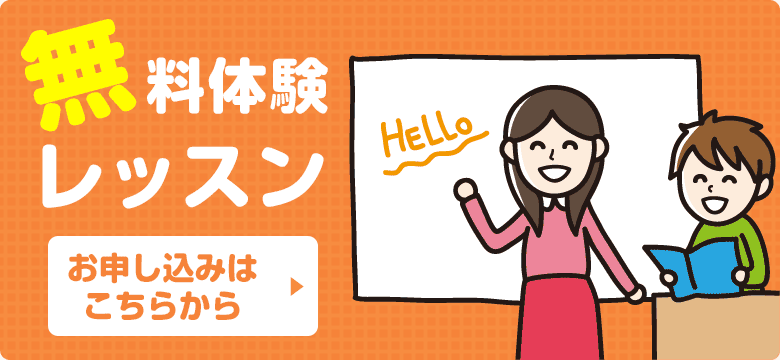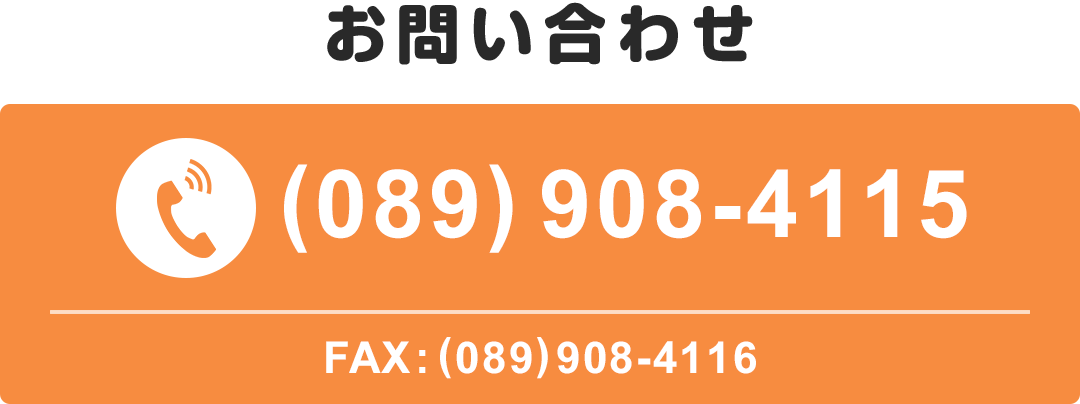月別アーカイブ:2018年8月
Umm-ing and like-ing your way to fluency – 英会話・英語 アミック
Recently at Amic, we did evaluations of our students’ progress with English. One of the criteria in which me measured our adult students on was their ability to ‘use hesitation mechanisms’ when speaking. In English, classic examples of these would be ‘um’, ‘uh’, ‘like’, ‘I mean’, ‘well’, and similar noises we make to show the other person we aren’t finished speaking and are thinking about what to say next.
Although it’s not something I’ve ever seen explicitly taught in an English textbook, I think using these filler sounds is an important step for any language learner wanting to sound like a native speaker. I may even start correcting my high-level students who fill their hesitation with etos and anos and see if it’s something that can be truly taught, or if they are something that just get ‘absorbed’ after listening to and interacting with enough native English speakers and media.
All of this also made me curious as to what filler sounds are used in other languages, and Wikipedia did not disappoint with me with their thorough list. Here are some interesting ones I came across:
- Chinese: en (um), zhège (“this”)
- Dutch: ehm (um), dus (“thus”), eigenlijk (“actually”)
- French: euh (um), bah, ben (“well”), tu sais, t’sais (“you know”)
- Persian: eh (um), bebin (“you see”), yaʿni (“I mean”)
- Polish: eee (um), no (“well”), wiesz (“you know”)
- Swedish: öhm (um), asså/alltså (“therefore”, “thus”), liksom (similar to “like”)
- Turkish: yani (“meaning…”), işte (“that is”), and falan (“so on”)
the greatest and best #1 stream of consciousness English conversation blog post ever **READ NOW** 「英会話・英語 アミック」
Well, dear reader, as of now I have nothing to say. Really. Nothing.
(silence)
**************
If I felt like this in an actual face-to-face social situation, I would perhaps feel obligated to make nervous small talk in the hope that it eased the tension of the silent room. But online, surrounded by Earth’s HIVE of BUZZING information peddlers and broke content creators (the information and “content” probably falling somewhere between dire and excruciatingly meaningless), I’ve found silence is golden. Shiny-soul-warming-morning-sunshine-on-your-face-after-a-good-sleep golden.
But do not fret, dear reader. I’ll have something to say next week. Something so unbearably important to tell everyone that I’ll practically race my own shadow to my laptop followed only by the hammering of my icy, air-conditioned fingers descending on the keyboard like a hailstorm in an attempt to convey everything as accurately as possible before it slips my mind forever.
Okay, no.
Not really.
Joe
英会話・英語 アミック 英語の俳句
こんにちは、アミック石井校の辰馬です。
気づかれた方もいるかもしれませんが、石井校の掲示板には、季節ごとにRoni先生が選んだ英語の俳句を貼りだしています。
俳句は、英語でも人気のある詩の形式で、文章を3行に分けて書いたり、季節の言葉を入れるというようなルールがあります。
今回Roni先生が選んだのは、
Summer night…
even the stars
are whispering to each other
という、小林一茶の句を英語に訳したものです。
元の俳句はどんな日本語だったのか、よかったら考えてみてくださいね!
(元の句は、「星さまの ささやき給ふ けしきかな」です♪)
Summer is still here
I can’t feel my favorite season coming to its end, but it is almost September. The wee hours are a little cooler that I sleep with my windows open. As I rode my son to nursery school today, the cicadas weren’t chirping as loud. Maybe they know that their time has come and that the typhoons are approaching us.
V-mail: not quite the predecessor of e-mail 英会話・英語 アミック
I’ve noticed a common trope when it comes to movies set during World War II: a soldier sends a letter to their family or sweetheart only for censorship to render it unreadable! Of course, censorship was an important tactic to use in an era of espionage and misdirections. Perhaps soldiers just had to learn how to censor their letters over time or they got yelled at enough times from their superiors to know better than to include locations and positions in their notes home. How were soldiers able to communicate with their loved ones? I, for one, would be devastated if my child or husband were in war and the only communication I received from them was full of holes! Enter V-mail!
Short for Victory Mail; V-mail was a hybrid mail process that was used during World War II for soldiers stationed abroad to send secure correspondence. How did it work? V-mail correspondence was written on small letter sheets, or paper that could be folded and sent without an envelope. The V-mail would than be censored and then photographed and transferred as a tiny image to microfilm. Once the V-mail arrived to its destination, the image would be printed at 60% of the documents original size.
According to the National Postal Museum, “V-mail ensured that thousands of tons of shipping space could be reserved for war materials. The 37 mail bags required to carry 150,000 one-page letters could be replaced by a single mail sack. The weight of that same amount of mail was reduced dramatically from 2,575 pounds (1168 kg) to a mere 45 (20.4 kg).This saved considerable weight and bulk in a time in which both were hard to manage in a combat zone.” [1] Wow!
In addition to postal censorship, V-mail also worked to stop espionage communications by “foiling the use of invisible ink, microdots, and microprinting, none of which would be reproduced in a photocopy.”[1] Who knew mail could be so fascinating?!



